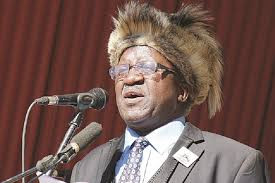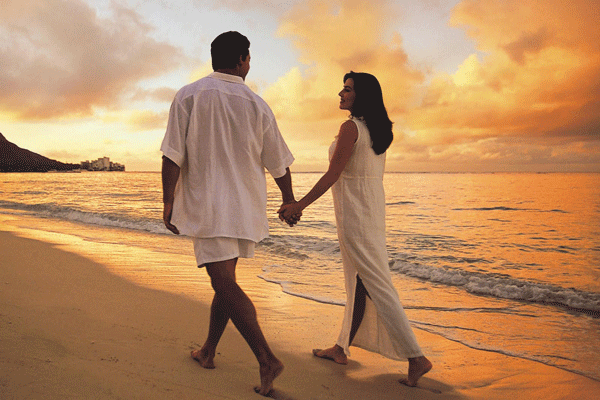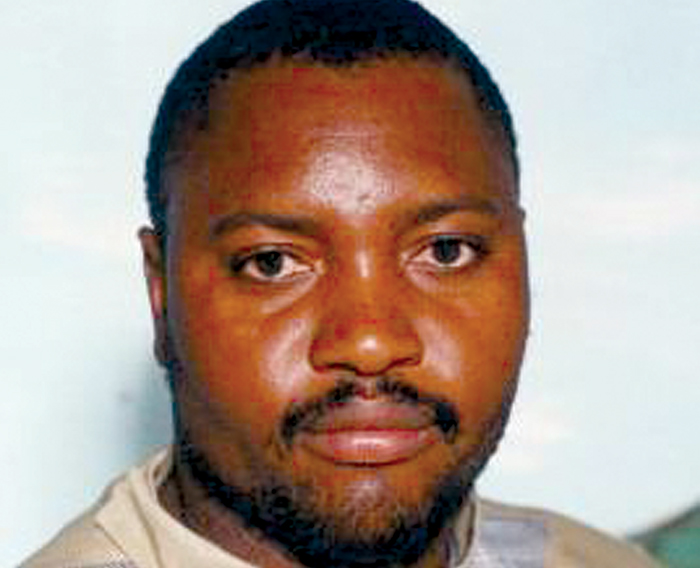
Leadership selection must not be the preserve of a few, be they war veterans or party elders. The task must be left to the people. “The People shall govern”, the beginning of the ANC Freedom Charter must be the rallying cry for all who seek public office.
guest column: Tapiwa Nyandoro
Endless talks go on about the grand coalition of opposition parties in Zimbabwe. The advantages of such a coalition are clear, but leadership issues, pre and post elections hold progress. Open primary elections, in which those eligible to vote in national elections, and not necessarily restricted to that party’s card carrying members, may provide an honest, open and transparent solution. These primaries must be open to all supporters who believe in, or identify with some or all of the party’s objectives and values.
In the second-half of 2016 the French are holding such primaries modelled on the American ones that, apart from the aforesaid virtues of openness and transparency, are an exercise in popular participation. They also encourage fresh political talent. The rise and rise of Donald Trump in the latest American Presidential primaries has proved the point, as did that of President Barrack Obama eight years ago.
The French and Zimbabweans do not have the Westminster type of parliamentary democracy, but share adaptations of the American approach of an Executive presidency. In the past, as in Zimbabwe, the French political parties, according to The Economist (October 22, 2016), used to “stitch up candidates behind closed doors, or restrict voting to card carrying members”.
This manner of choosing candidates, the weekly noted, was based on a mysterious alchemy of deal-making, seniority and clout. It resembled the Zanu PF and MDC ways of doing business. The “methods” look more and more like the now-extinct Soviet model that in its dying days ushered in to the front the oldest cadres regardless of their health. When Mikhail Gorbachev eventually assumed leadership, it was too late.
Given the chaos that succession politics has triggered in the ruling Zanu PF party, and indeed the splits it has nurtured in the opposition MDC, the hope was that the constitution-writing exercise would have addressed party-level democracy and civilised behaviour in exchange for political party funding by the State after elections.
To curb corruption, whose major opportunity arises from funding political parties or their candidates, a strict code of financial conduct enforced through rigorous audits should have been part of the deal. Such transparency and openness, and the possibility of fresh political talent, untainted by tired ideas or previous misdemeanors, could have ensured Zimbabwe’s rescue from the economic, social and political quagmire it has sunk into.
- Chamisa under fire over US$120K donation
- Mavhunga puts DeMbare into Chibuku quarterfinals
- Pension funds bet on Cabora Bassa oilfields
- Councils defy govt fire tender directive
Keep Reading
The opportunity was missed, but it is not too late for reforms. The circus in Harare is a national shame, and would be hilarious were it not for the toll it exerts on the common man. If Zimbabwe People First wants to enter the political arena in style, let it adopt open primary elections after tabling its values, objectives and governance strategies. If there is going to be a grand coalition amongst the opposition parties in Zimbabwe, the same principle or condition of open primary elections to choose candidates, instead of secretive horse trading, must be at the centre of it.
Informed provinces within Zanu PF ought to forward a resolution to the next conference that advances open, transparent primary elections at all levels, selection of presidential candidates included. That does not destroy factionalism, which is a natural phenomenon in political parties. But the practice ends factional fights over succession issues. It gives a platform, or vehicle, for candidate selection in a civilised fashion. It leaves the party leadership with time, energy and cohesiveness needed to engage the dying economy. It also presents opportunities for revolutionary changes in national leadership without the unseemly quarrels over positions that besiege party politics, and even government, in this country.
Driving such changes shouldn’t be too hard for MDC-T leader Morgan Tsvangirai, ZimPF leader Joice Mujuru or President Robert Mugabe. It should be a test of whether they are true democrats or not. The nation looks forward to Vice-President Emmerson Mnangagwa, First Lady Grace Mugabe, ministers Saviour Kasukuwere, Jonathan Moyo, Kembo Mohadi and a retired General Constantino Chiwenga all in Zanu PF presidential primaries, slugging it out in a televised debate.
On the opposition coalition side, it would be a blessing to witness Victor Matemadanda, Tsvangirai, Mujuru, Welshman Ncube, Tendai Biti, Nelson Chamisa, Temba Mliswa and Dumiso Dabengwa squaring off in open presidential candidate selection primaries.
The winning candidate thereafter is well-positioned to receiving the backing of the rest of the aspirants to the presidential ticket. He or she may strategically pick a running mate from the losers, and reserve some Cabinet posts for the others. It can be done. All that is needed is political will and statesmanship.
Finally, the bickering in the Zanu PF Cabinet provides an opportunity for the opposition coalition-to-be to take tea and cake with the President at State House. Cabinet ministers chosen for their technical prowess, rather than politics, true
American-style may be more productive than politicians picked from the legislature. Cabinet’s focus, as that of the President, needs to be national rather than beholden to a constituency. Constitutional amendments, therefore, to bring this about, at the same time reducing and fixing the sizes of the bloated Legislature and the Executive, in sympathy with the meager national resource envelope, may be well-received by the President. His bitter experience from succession fights in his party has surely made him wiser.
Limiting the Presidential terms to one-seven-and-half-year or 10-year one will be the icing on the cake. It will make the economy, not toxic politics take centre stage. A cup of tea and cake with the loyal opposition will no doubt make these powerful ideas more palatable to the President and his beleaguered party.
Tapiwa Nyandoro can be contacted on [email protected] or [email protected]









